Overview
Anthropology is concerned with how humans and human societies evolve, with the differences and similarities among human cultures, and with the cultural and biological basis for human behavior. Our students are encouraged to explore and integrate approaches to human behavior, culture, and society across disciplinary subfields and specializations.
Subfields
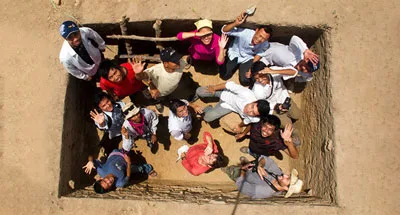
Archaeology
Archaeology is the study of long-term change in human societies through the recovery and analysis of artifacts and other material remains that survive down to the present day.
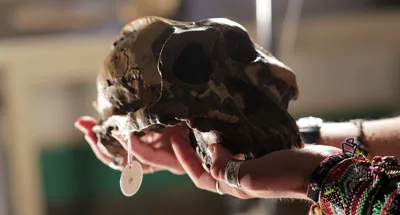
Biological Anthropology
Biological Anthropology is the study of how humans evolved, and how we vary from one another and from our nearest living relatives, the non-human primates.

Cultural Anthropology
Cultural Anthropology is the study of variation in systems of meaning, belief, and behavior among contemporary societies, as well as those of the recent past.
Specializations
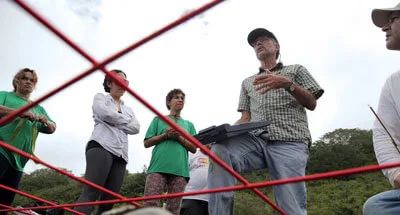
Applied Archaeology
Applied Archaeology trains the next generation of professional non-academic archaeologists to be effective advocates for the study and preservation of historic sites.
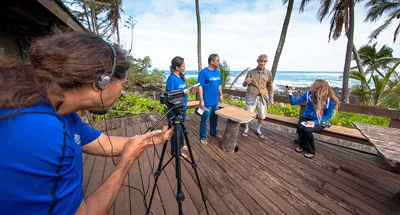
Applied Cultural Anthropology
Applied Cultural Anthropology trains students in the theories, methods, and analysis of cultural anthropology that can be utilized in careers requiring community-based fieldwork approaches to research.

Environmental Anthropology
Environmental Anthropology focuses on human-environment interactions using approaches that cut across the traditional subfields of anthropology.
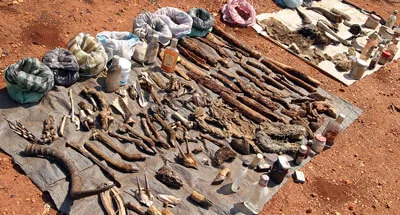
Medical Anthropology
Medical Anthropology explores the social and cultural context of health and illness by examining conceptions of self and body, narratives of affliction, and practices of treatment.